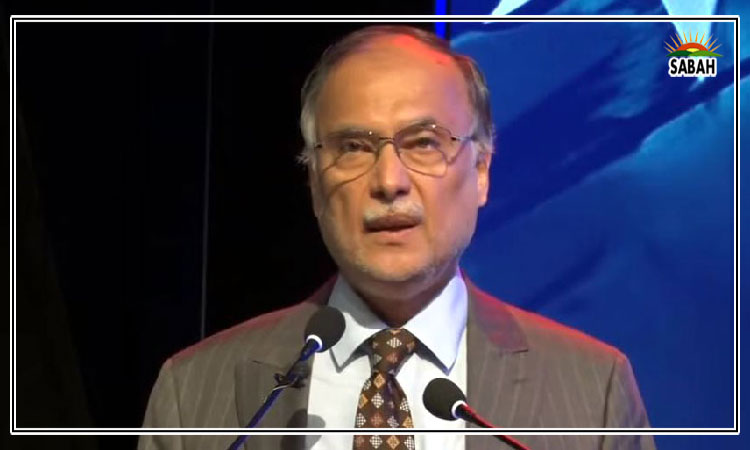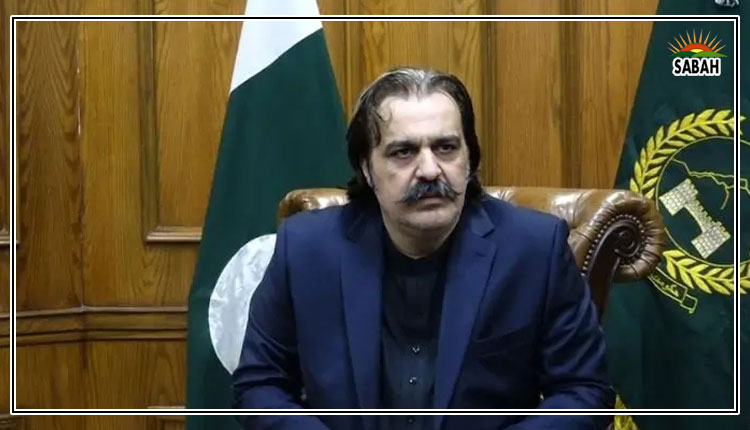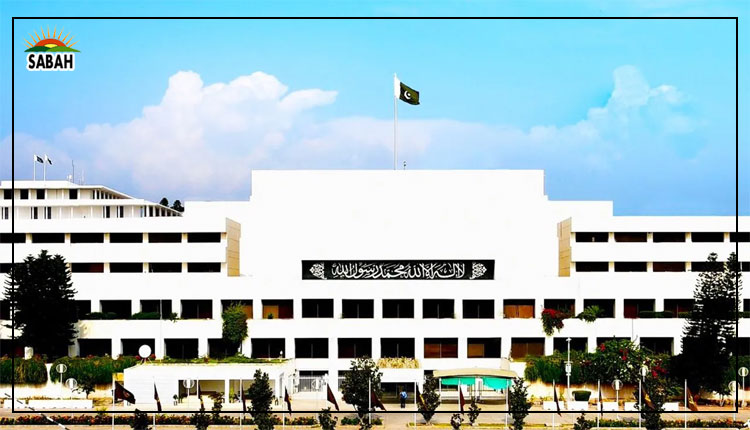Govt to table the Supreme Court (Practice and Procedure) Bill, 2023 in joint session of parliament on Monday
ISLAMABAD, April 08 (SABAH): The federal government has convened a joint sitting of the parliament on April 10 to consider the bill that aims at curtailing the powers of the chief justice of Pakistan after President Dr. Arif Alvi returned it to parliament for reconsideration on Saturday. The parliamentarians will be informed about the message of president regarding the reconsideration of the bill.
President Alvi has informed the parliament about his suggestions and has also suggested reviewing the bill. The debate regarding constitutional, legal and electoral matters will be held in the joint session of the parliament.
If the Supreme Court (Practice and Procedure) Bill, 2023, is approved by the joint session of parliament with majority, it will be sent to the president again for his assent. If the president does not give his nod to it within 10 days, the approval is deemed to have been given automatically.
The legislation process says, “If the President refers back a bill to Parliament it is considered in a joint session and if passed by majority is deemed to have been passed by both Houses. Sent again to President to give assent in 10 days failing which assent shall be deemed to have been given”.
Earlier on Saturday, President Dr. Arif Alvi refused to sign the judicial reforms bill, stating the legislation “prima-facie travels beyond the competence of the Parliament and can be assailed as a colourable legislation”.
The development came after the bill was sent to him for approval after it sailed through the National Assembly and Senate amid standoff between the government and the Supreme Court over snap elections in Punjab and Khyber Pakhtunkhwa.
The president also cited Article 67 and Article 191 of the Constitution that define the limits of parliament and the Supreme Court of Pakistan. He said the top court was an independent institution as visualised by the founding fathers that in the state of Pakistan ‘independence of judiciary shall be fully secured’.
With such an objective in view, Article 191 was incorporated and the Supreme Court was kept out of the law-making authority of parliament.
The competence of parliament to make laws stems from the Constitution itself, he highlighted.












